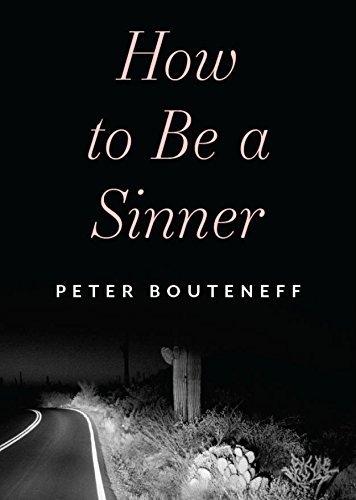What do you think?
Rate this book


215 pages, Paperback
Published March 7, 2018
And so the title just came right out of the blue. How to Be a Sinner, and I realize it's intended to provoke a little bit. Obviously, I'm not writing a book on how to sin better, but how to be what the church calls a sinner. - from an interview with the author (see the 'short interview' link below).This book approaches the idea of being a sinner from the aspect of Eastern Orthodox Christianity, but even as a Lutheran Christian I found it to be an interesting and approachable work. Each of the chapter readings were somewhat like listening to a Sunday sermon and thus felt totally familiar.